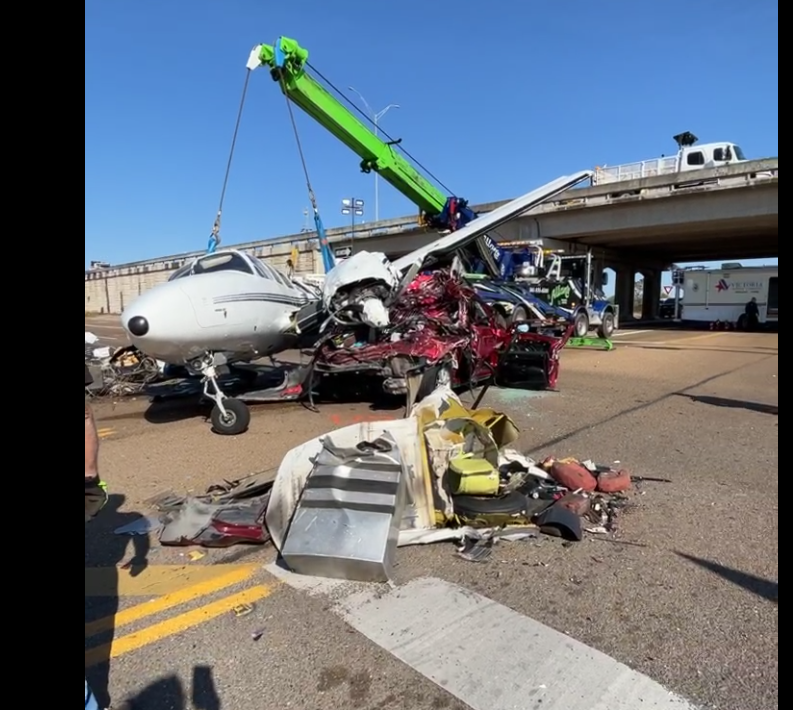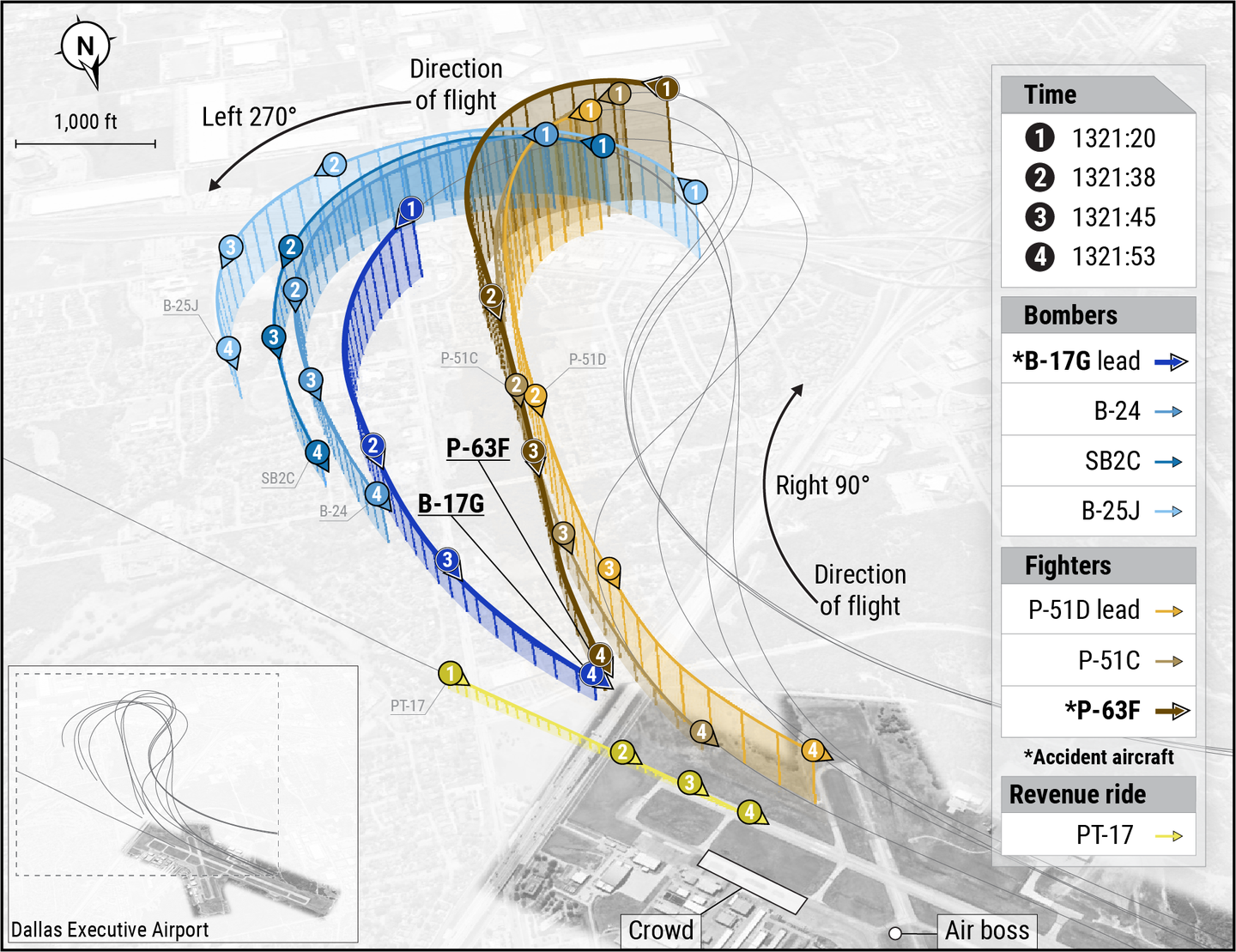Halladay: Guilt By Innuendo
Sure, we don’t want people in aviation who crash. But who’s going to decide that before the fact?
In the world of economics, there's a concept called tragedy of the commons or sometimes freedom of the commons. The underlying principle is that in an economy of shared resources, individual members act against the good of all by consuming more than their share or acting to spoil the resource. The classic example is a public pasture used by a group of farmers. If one places too many of his cows in the field, they overgraze and spoil what had been a benefit for all.
I'm stretching the concept to apply to the recent findingson the Roy Halladay Icon A5 accident. The commons here is not a shared resource, but a shared privilege to fly airplanes relatively unfettered by government intervention. The conceptual spoiling of the commons is the recent report that an autopsy revealed that Halladay had a cocktail of drugs in his system, including intoxicating levels of Zolpidem, a hypnotic sedative prescribed as a sleep aid.
This finding has not been confirmed through official documentation so for the sake of discussion, I'm going to stipulate that it's true. It will likely never be known if that was causal or even a factor in the crash because we have no way of knowing how Halladay might have been affected by the drug. So we're at the stage of guilt by innuendo.
But knowing the general risk of flying while using such drugs, did Halladay have a larger duty to the general aviation community to not do what he appears to have done? My answer? No, at least not to protect anything to do with his fellow pilots' privileges or the industry at large. I'm sure we'll hear some tear-eyed whining about this, but I don't buy the argument. When any of us signed up to be pilots, we didn't agree to decision-making based on some creed of behavior, some unspoken code that said we wouldn't do anything to make the industry look bad, even if we could agree on what that is exactly. Your look bad is probably different than mine.
In this context, protecting you as a pilot from bad juju PR occupies the bottom rung on a ladder whose top step is responsibility to self, to immediate family and to anyone on the ground (or in the airplane) from direct harm. In my view, the guy in the next hangar or the corner office at AOPA barely has standing.
The reason I think this relates to what I wrote about a couple of weeks ago with regard to a pilot departing in zero-zero conditions. As I noted, Part 91 is virtually wide open to unrestricted use of an airplane. What rules do exist can be, and often are, easily circumvented.
When we thunder about not wanting such people in aviation, who's supposed to be the judge of that? The FAA? You Mr. CFII? You Mr. DPE or, better, how about a committee of like-minded airplane owners? Then we can make aviation an exclusive little club composed of only "responsible" people who think just like us and have the same tolerance for risk.
Nope, not gonna work. People of all walks come into aviation for all kinds of different reasons. The overwhelming majority are sober, responsible and get scared when they should get scared. Some don't. Halladay may or may not have been one of those. He may have just been clueless.
That's not to say it doesn't go the other way, though. We as a community can and should advise and intervene when we see pilots habitually taking over-the-top risks. But careful here, for the reason I stated above. Your idea of risk is not the same as mine and in stepping in, you can just as easily step in it. It's a delicate gift of diplomacy to tell someone they're about to do something stupid in a way that will convince them not to. I don't have it. I'm sure some reading this blog do. Maybe you could convince perfect strangers to pee in a cup to be, you know, sure.
One thing that complicates this is the monsters-under-the-bed way we generally write about risk in aviation publications. We always advise the safe way out; the lowest common denominator. Never fly in ice. Be careful of clouds. Thunderstorms will kill you. Don't fly if you have a cold. Yet in the real world, risks are graduated, not black and white. Raise your hand if you've never ignored the label that says don't operate heavy machinery while taking this medication. That's not an argument for being a scofflaw, it's a recognition of reality.
This has come full circle in the dispiriting amount of opprobrium heaped on Icon for (a) implying the A5 is a flying jet ski and (b) encouraging low flying. I reject both of those, too, and especially as being elemental in this accident. There's almost the suggestion that Icon will ruin aviation because it's encouraging "them" to participate. Yet people who buy these things are adults. They can make adult decisions and adult risk assessment without benefit of nannyism from the state or from people whose pants get snagged on something making the industry look bad. If you crash due to your own frailties and errors, you're allowed. But it's on you. All on you.
Yes, we should counsel and encourage people and coax them toward safe flying as best we can. Within reason. But in the end, you can get killed flying airplanes. Accept it or don't. If the latter, I've heard bowling is fun.






